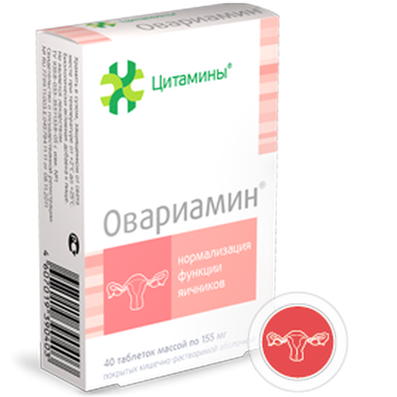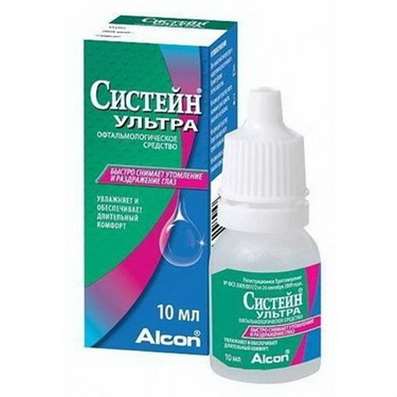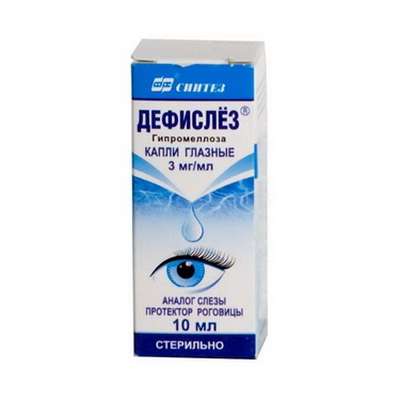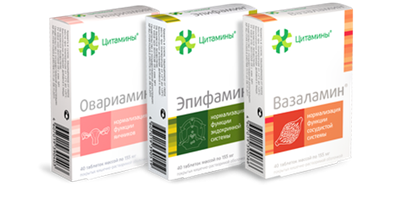Instruction for use: Dipivefrine (Dipivefrinum)
I want this, give me price
Trade name of the drug – Dipivefrine
Chemical rational name: (±) - [2- (2,2-dimethylpropanoyloxy) -4- [1-hydroxy-2- (methylamino) ethyl] -2,2-dimethylpropanoate (as hydrochloride)
Compositionactive substance:
Atomoxetine hydrochloride is a white solid having a molecular weight - 291.82, solubility in water - 27.8 mg / ml.
Pharmacotherapeutic group: Sympathomimetic drug
CodeCAS 52365-63-6
Characteristics of dipivefrine
The white crystalline powder, readily soluble in water.
The nosological classification (ICD-10)
H40.0 Suspected glaucoma
H40.1 Primary open-angle glaucoma
Pharmacological Properties of DipivefrinePharmachologic effect
Mode of action - antiglaucoma.
It stimulates the adrenergic receptors, lowers intraocular pressure. A "prodrug" - can easily penetrate into the anterior chamber where it is subjected to enzymatic hydrolysis to form epinephrine. The released adrenaline, is an agonist of adrenergic receptors is distributed in the ciliary processes of the eye and trabecular tissue, reduces the production of intraocular fluid and increases its outflow.
After topical intraocular fluid outflow is increased gradually and reaches a maximum after 2 hours. When assigning 2 times a day, the mean reduction in intraocular pressure is 20-24%. In some cases, it is effective after failure of others. Antiglaucoma agents.
Indications for Dipivefrine
Open-angle glaucoma (monotherapy or in combination with other antiglaucoma drugs at their lack of effectiveness), increased intraocular pressure in infectious diseases of the eye.
Contraindications for Dipivefrine
Hypersensitivity, narrow-angle glaucoma.
Pregnancy and breast-feeding
Category effects on the fetus by FDA - B.
At the time of treatment should stop breastfeeding.
Side effect of Dipivefrine
Headache, conjunctival irritation, burning sensation and rawness in the eye, follicular conjunctivitis, mydriasis, reversible maculopathy (in patients with removal of the lens), education adenohromovyh deposits in the conjunctiva and cornea, allergic reactions; rarely - tachycardia, arrhythmias, hypertension.
Interaction
(Mutually) the effect of other antiglaucoma agents - pilocarpine, carbachol, acetazolamide.
Precautions dipivefrine substance
To apply caution in patients with aphakia, because in 30% of cases develop reversible macular edema requiring discontinuation of treatment.

 Cart
Cart





